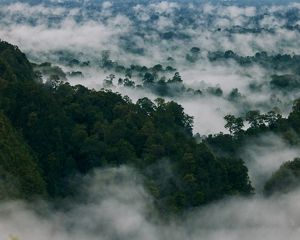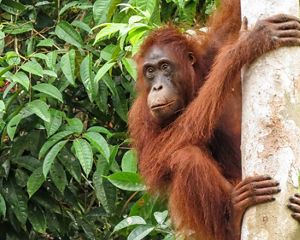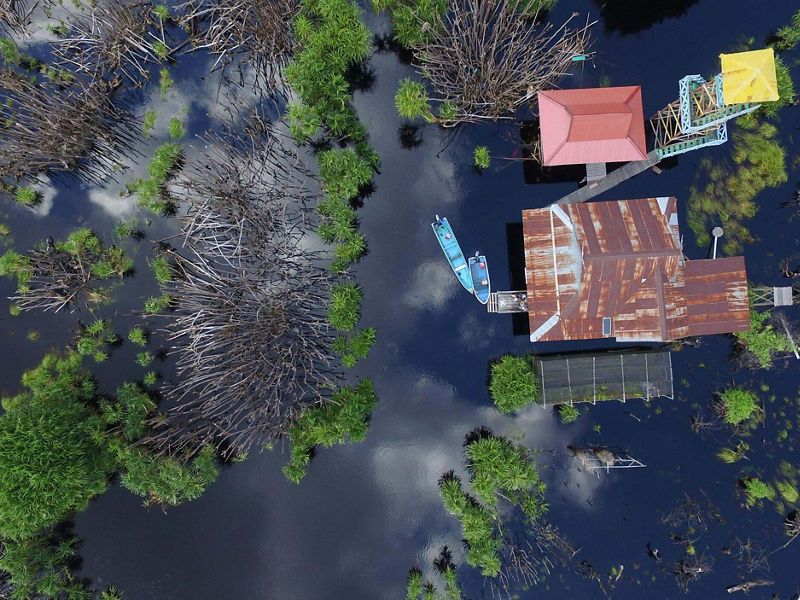
Koran River Koran River // The camp for peatland restoration that monitors the flora and fauna in Sebangau National Park, Central Kalimantan Indonesia © Markurius Sera/TNC Photo Contest 2022
Protecting and restoring Indonesia's peatland is key to achieving the country's emissions reduction target by 2030.
Indonesia is a critical hotspot for peatlands, home to about a third of total tropical peatland areas. As a critical wetland ecosystem, peatlands hold the key to preventing environmental crises and enhancing community welfare. With a carbon storage capacity 10 to 13 times greater than other ecosystems, peatlands offer a beacon of hope in our fight against climate change. Protecting and restoring Indonesia’s peatland is the key to achieving the country’s emissions reduction target by 2030.
In Indonesia, The Nature Conservancy (TNC) supports its country partner Yayasan Konservasi Alam Nusantara (YKAN) and partners to conduct research and restoration efforts in Kalimantan and Jambi. Our work will help us better understand the climate impacts and cost-effectiveness of peat restoration.
What are peatlands?
Peatlands are a type of wetland whose soils contain a high proportion of partially decayed organic matter and retain an incredible amount of carbon. Peatland ecosystems are critical for carbon storage and provide a broad array of ecosystem services, including habitat for biodiversity, water regulation and pollution control. Nevertheless, degraded and drained peatlands are estimated to emit 1.9 gigatonnes of CO2e annually, equivalent to 5% of global anthropogenic greenhouse gas emissions, exacerbating the impacts of climate change.

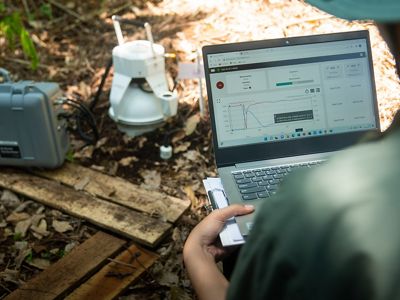
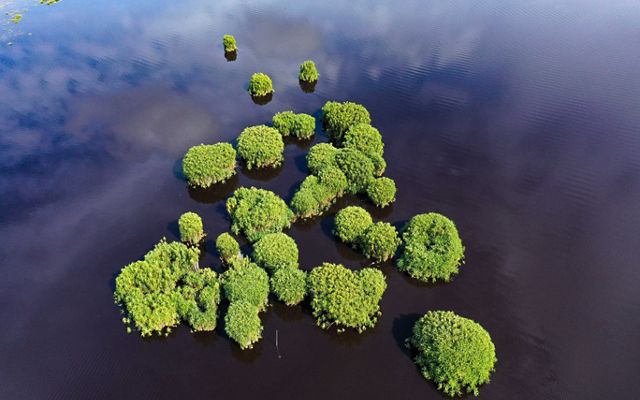

Peatlands offer a beacon of hope in our fight against climate change. To achieve our 2030 goals, TNC is supporting its Indonesian country partner YKAN to:
Based on research by YKAN and partners, peat restoration has the potential to reduce greenhouse gas emissions by up to 172 million tons of CO2/year.
Peatland contributes up to 74% of Indonesia's total Natural Climate Solution (NCS) mitigation potential (Novita et al. 2024). Protecting and restoring Indonesia’s peatland is the key to achieving the country’s emissions reduction target by 2030. In Kalimantan Island, Indonesia, tropical peatlands with areas of 5.4 million hectares exhibit remarkable carbon storage capabilities. These peatlands can reach depths of up to 6 meters, storing an impressive amount of 3000 MgC per hectare. In some remote upstream locations, the peat can even extend to depths of 10-18 meters, harboring more than 6000 MgC per hectare. The immense carbon reservoir contained within these peatlands is crucial for understanding global carbon dynamics and their role in climate change mitigation efforts.
